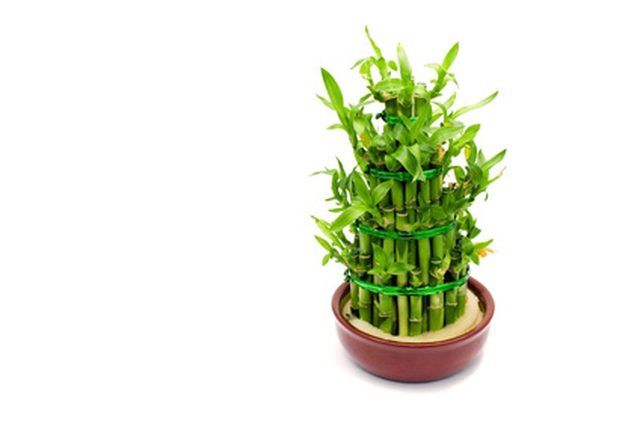Bulbs
Flower Basics
Flower Beds & Specialty Gardens
Flower Garden
Garden Furniture
Garden Gnomes
Garden Seeds
Garden Sheds
Garden Statues
Garden Tools & Supplies
Gardening Basics
Green & Organic
Groundcovers & Vines
Growing Annuals
Growing Basil
Growing Beans
Growing Berries
Growing Blueberries
Growing Cactus
Growing Corn
Growing Cotton
Growing Edibles
Growing Flowers
Growing Garlic
Growing Grapes
Growing Grass
Growing Herbs
Growing Jasmine
Growing Mint
Growing Mushrooms
Orchids
Growing Peanuts
Growing Perennials
Growing Plants
Growing Rosemary
Growing Roses
Growing Strawberries
Growing Sunflowers
Growing Thyme
Growing Tomatoes
Growing Tulips
Growing Vegetables
Herb Basics
Herb Garden
Indoor Growing
Landscaping Basics
Landscaping Patios
Landscaping Plants
Landscaping Shrubs
Landscaping Trees
Landscaping Walks & Pathways
Lawn Basics
Lawn Maintenance
Lawn Mowers
Lawn Ornaments
Lawn Planting
Lawn Tools
Outdoor Growing
Overall Landscape Planning
Pests, Weeds & Problems
Plant Basics
Rock Garden
Rose Garden
Shrubs
Soil
Specialty Gardens
Trees
Vegetable Garden
Yard Maintenance
How to Save a Dying Indoor Lucky Bamboo Plant
How to Save a Dying Indoor Lucky Bamboo Plant. While actually a member of the lily family, lucky bamboo is an inexpensive plant that can be cultivated in soil or water. It's easy to grow, which makes it a popular choice for homes or offices. Commonly used in "feng shui," the Eastern method of bringing balance to one's environment, lucky bamboo is...

While actually a member of the lily family, lucky bamboo is an inexpensive plant that can be cultivated in soil or water. It's easy to grow, which makes it a popular choice for homes or offices. Commonly used in "feng shui," the Eastern method of bringing balance to one's environment, lucky bamboo is believed to bring water and wood together, creating a balanced energy in the space it occupies. If your lucky bamboo has yellow leaves that are beginning to drop, it may be dying. However, it might be saved with a bit of effort.
Things You'll Need
Bottled or filtered water
Liquid fertilizer
Sharp scissors or small pruning shears
Change the plant's water source if you're using chlorinated tap water. Chlorine damages lucky bamboo. If you cannot purchase filtered water, allow tap water to sit out overnight so the chlorine evaporates before using the water on your plant.
Avoid placing lucky bamboo anywhere it might receive a cold or hot draft of air. Sudden temperature changes can affect its health.
Inspect the plant for insects, as mealy bugs are a common problem. If insects are discovered, you can assume they are eating the plant and need to be removed.
Verify that the plant is receiving the proper amount of water, if it's planted in soil. Keep the dirt moist at all times, but do not overwater or allow the soil to dry out.
Determine if the plant is receiving too much or too little light. Lucky bamboo prefers indoor lighting because it is bright but indirect. The leaves can be burned if the plant sits in direct sunlight, such as on a windowsill. Not enough light can cause the plant to discolor or become sickly.
Apply a small amount of liquid fertilizer, according to the package directions, whether the plant is growing in soil or directly in water.
Remove a dying stalk with sharp scissors or small pruning shears, if other stalks appear to be healthy. If a dying stalk is left on the plant, it will rot and create bacteria that can destroy the entire plant.
Tips & Warnings
Clean out the plant's container if it is growing directly in water. Deposits from the water supply, such as calcium or fluoride, can be problematic to the plant's health.
There is no guarantee that using any of these methods will save the plant.